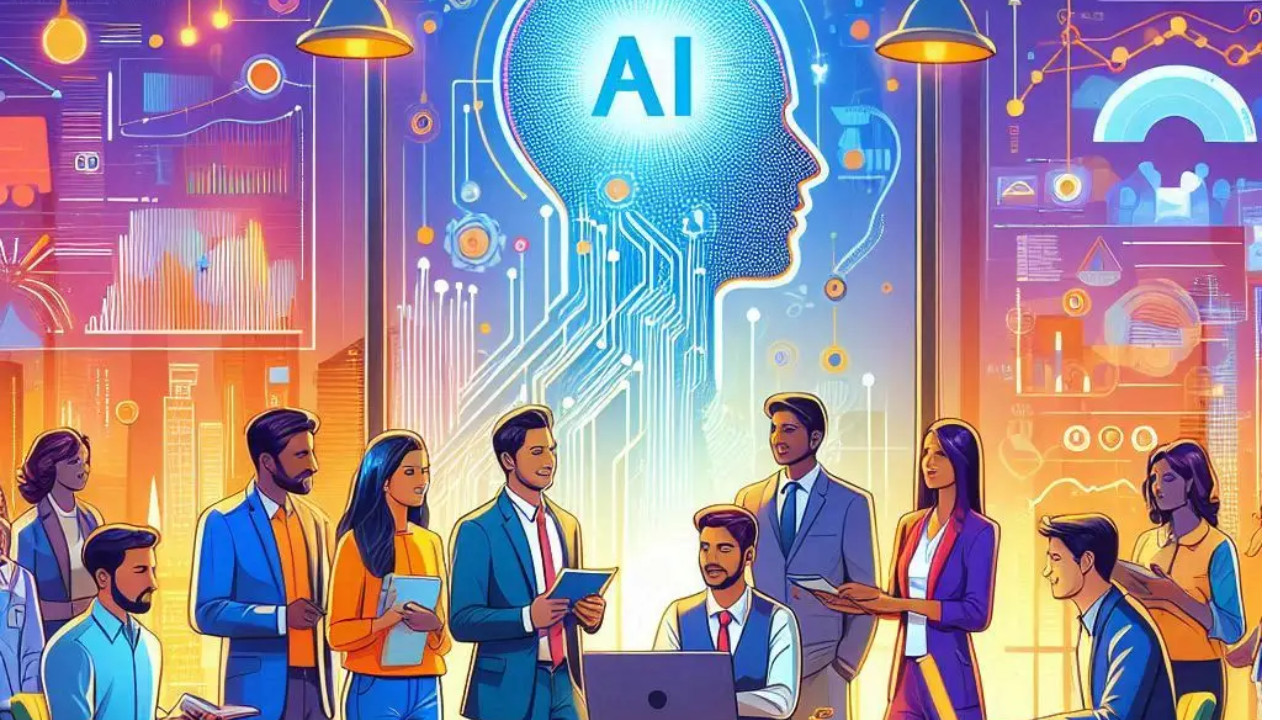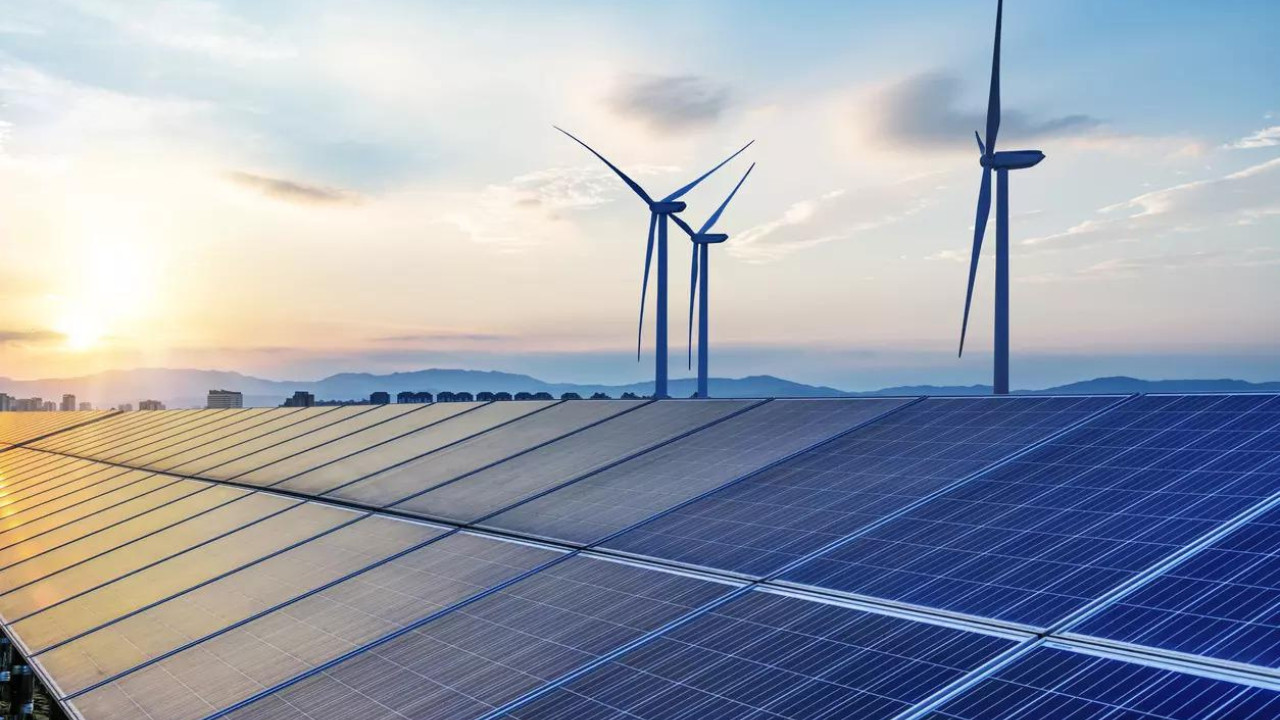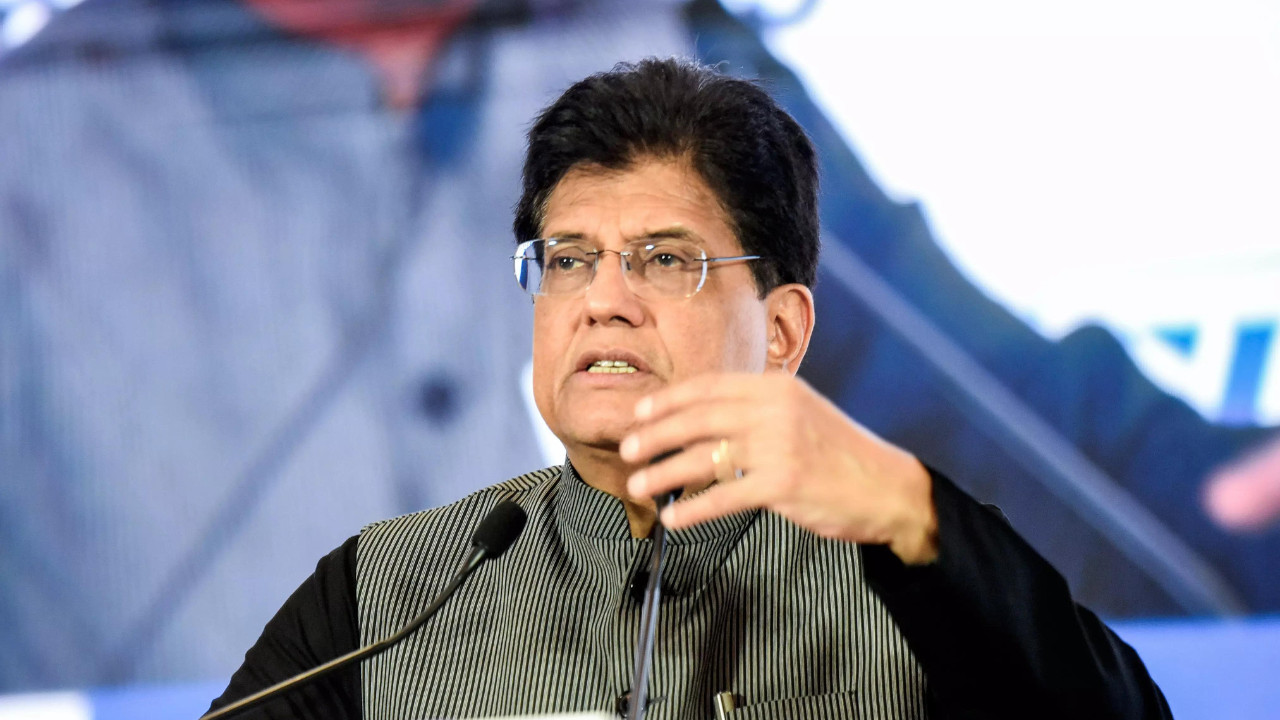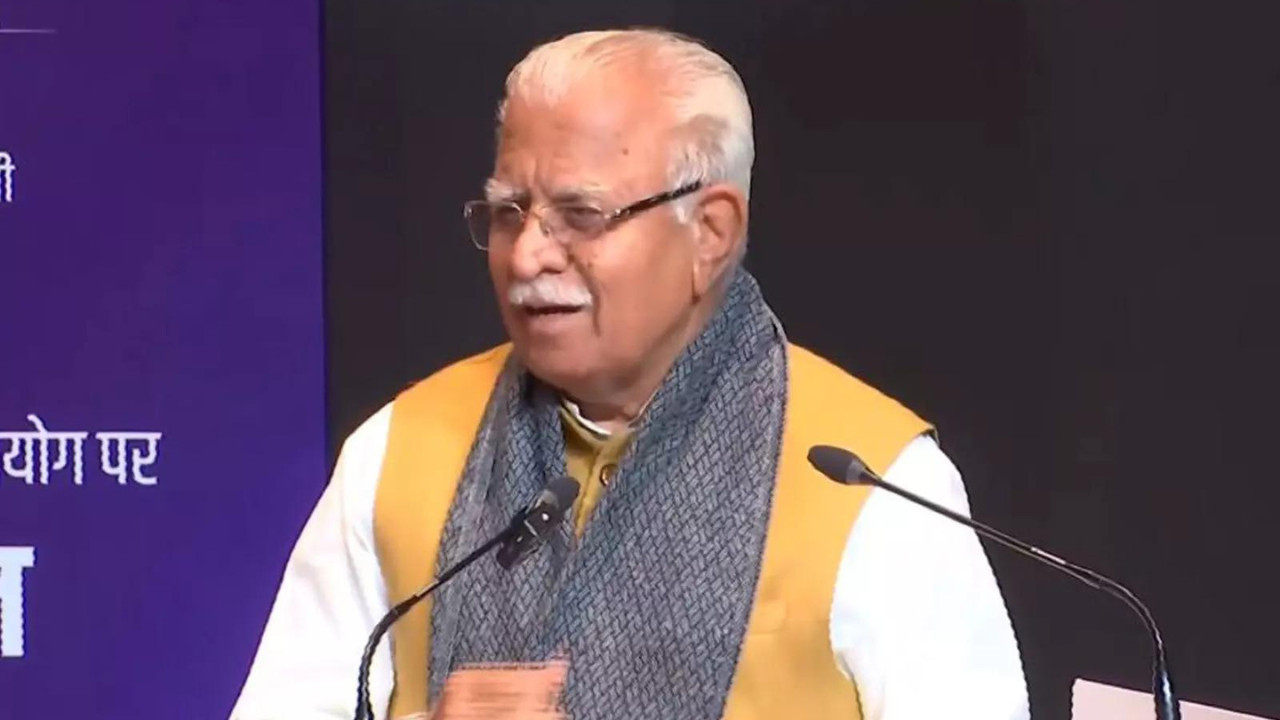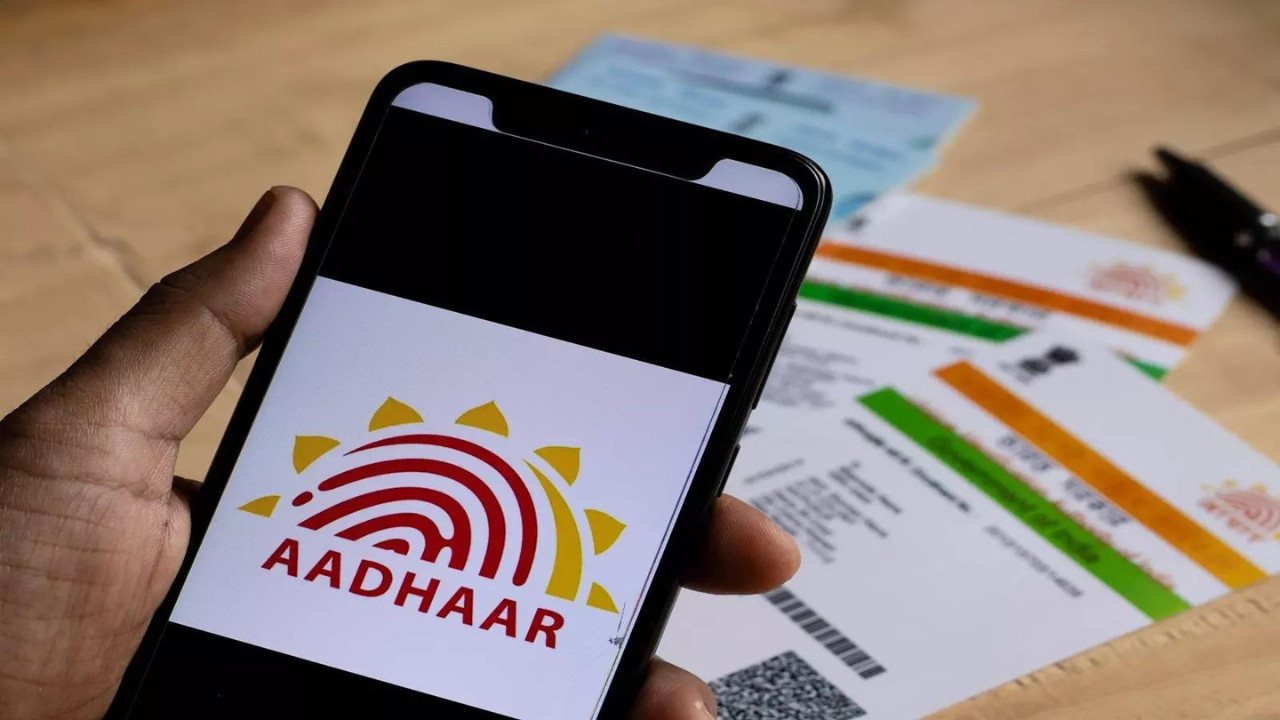Indian AI startups relocating to the US face significant immigration hurdles due to stricter visa regulations. Founders are struggling with B1/B2 visa delays and increased O-1 visa rejection rates, hindering their ability to meet clients and secure deals. Physical presence in the US is crucial for accessing the primary market and attracting venture capital.
The AI Talent Tightrope: Why US Visas Are Tripping Up Indian Startups
The world hums with the promise of artificial intelligence, and India stands poised to be a major player. A vibrant ecosystem of AI startups is bubbling up, fueled by innovation and a deep pool of technical talent. But lately, a shadow has fallen across this landscape: the increasingly complex and drawn-out process of obtaining US visas. What should be a smooth bridge for Indian AI specialists seeking collaboration and opportunity in the US is becoming a frustrating obstacle course, potentially stifling growth and innovation on both sides.
For many Indian AI startups, access to the US market isn’t just desirable; it’s crucial. The US represents a major source of funding, cutting-edge research, and strategic partnerships. The ability to send engineers, data scientists, and AI specialists to the US for training, conferences, or even temporary assignments is often essential for these companies to thrive and compete globally. However, whispers of visa delays, increased scrutiny, and outright denials are growing louder, leaving entrepreneurs scrambling to navigate a system that seems to be actively working against them.
What’s fueling this friction? While attributing blame is a complex matter, many point to stricter immigration policies implemented in recent years. The narrative has shifted, with increased emphasis on protecting American jobs and a heightened sensitivity towards potential security risks. This has translated into more rigorous visa application processes, longer processing times, and a greater likelihood of requests for additional documentation.

The impact on Indian AI startups is tangible. Imagine a young company on the cusp of a breakthrough, needing to collaborate with a leading US-based research lab. Or picture an engineer whose expertise is critical for deploying a new AI solution for an American client. Visa delays can throw these projects into disarray, causing missed deadlines, damaged client relationships, and ultimately, lost revenue.
The financial burden is also significant. Startups often have to shoulder the costs of legal assistance to navigate the intricate visa process, not to mention the opportunity cost of having key personnel tied up in bureaucratic red tape instead of focusing on innovation. This can be particularly crippling for early-stage companies operating on tight budgets.
Beyond the immediate financial implications, the visa challenges also threaten to erode India’s competitive edge in the AI space. Talented individuals may be discouraged from joining Indian startups, fearing that their career prospects will be limited by restricted access to global opportunities. There’s a real risk that the next generation of AI innovators will choose to pursue their dreams elsewhere, further exacerbating the brain drain that India is already grappling with.
The situation demands a multi-pronged approach. Indian AI startups need to proactively prepare for the complexities of the US visa process by seeking expert guidance, meticulously documenting their applications, and building strong relationships with US-based partners. They also need to advocate for policies that promote innovation and facilitate the free flow of talent between India and the US. At the same time, US policymakers should recognize the immense value that Indian AI professionals bring to the American economy and work towards creating a more transparent and efficient visa system. Perhaps focusing on specific visa types more suited to specialized technical skills would be a step in the right direction. Explore the potential of alternative visa categories for AI professionals.
The success of the global AI ecosystem hinges on collaboration and the seamless exchange of knowledge and expertise. By addressing the visa hurdles facing Indian AI startups, we can unlock their full potential and pave the way for a future where AI benefits all of humanity. The present situation risks turning the AI talent stream into a trickle, and fostering a global competitive marketplace requires open channels for innovation, which starts with smooth talent mobility.
